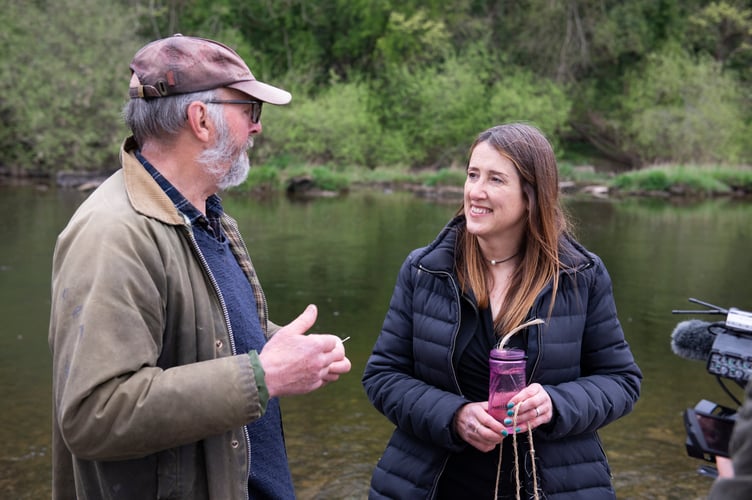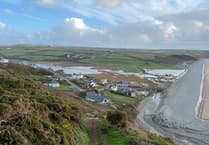A fresh call for Ministers in Cardiff Bay to get to grips with Dwr Cymru’s failure to protect our rivers has been made, after it was revealed that in 2022, six of the top 10 areas in the UK with the most sewage discharges into rivers and waterways were located in Wales.
From Neath, to Powys, to the north Wales coast, sewage was dumped into rivers and waterways for more than 300,000 hours.
Earlier this year, Dŵr Cymru Welsh Water, was downgraded to a two-star rating for not getting to grips with pollution incidents.
In total, the company was responsible for 89 sewage pollution incidents in 2022. Despite this, Dŵr Cymru announced price rises in 2022, making the average bill in Wales the second highest anywhere in Wales and England.
Commenting, Welsh Liberal Democrat leader Jane Dodds MS said: “It’s disgraceful that six out of the 10 areas with the most sewage discharges into rivers were in Wales last year.
“That’s bad news for our environment, wildlife, and all those who enjoy our rivers.
“The Conservatives in Westminster have refused to take action against river pollution, and Labour Ministers in Cardiff Bay have failed to step and take Dwr Cymru to task on our polluted rivers and rising water bills.
“It's time for a shakeup and Labour Ministers in Cardiff Bay must get to grips with Dwr Cymru’s failure to protect our rivers.”
The six Welsh constituencies, in rank order, were:
Carmarthen East and Dinefwr; Dwyfor Meirionnydd; Preseli Pembrokeshire; Ogmore; Ceredigion; Brecon and Radnorshire.
Carmarthen East and South Pembrokeshire came in at 11.
Jane Dodds has also written to the Climate Change, Environment and Infrastructure Committee to call for a Senedd inquiry into the performance of Dwr Cymru.
A spokesperson for Welsh Water said: “Only 9% of rivers in Wales are classified as having “poor” or “bad” ecological status and our rivers are significantly better than in England.
“We are committed to improving the quality of our rivers and are targeting where investment will have the biggest environmental impact.
“We have monitors on over 99.5% of our overflows – more than many other companies – and we are always open with this information by publishing it on our website and report the number of spills to our environmental regulators.
“As a country on the western side of the UK, we have some of the highest levels of rainfall and are seeing an increase in severe events linked to climate change.
“All of this means we have one of the highest numbers of storm overflows of any water company and that the number of times they operate is heavily influenced by these factors.
“Customers bills have been higher for those who live in coastal areas as greater investment has been needed since privatisation to treat wastewater to improve river quality – whereas inland companies didn’t have to make similar investments.
“Our investment to date in our wastewater system has delivered real improvements and helped ensure 85% of coastal bathing waters in Wales meet excellent water quality standard and Wales has over a quarter of the UK’s Blue Flag beaches while only having 15% of the coastline.
“Earlier this year we published our Manifesto for Rivers in Wales which outlines how we will be investing in our wastewater network, particularly around rivers in Special Areas of Conservation. This includes an additional £140m to be invested by 2025.”
Welsh Water’s Manifesto can be viewed on its website.





Comments
This article has no comments yet. Be the first to leave a comment.